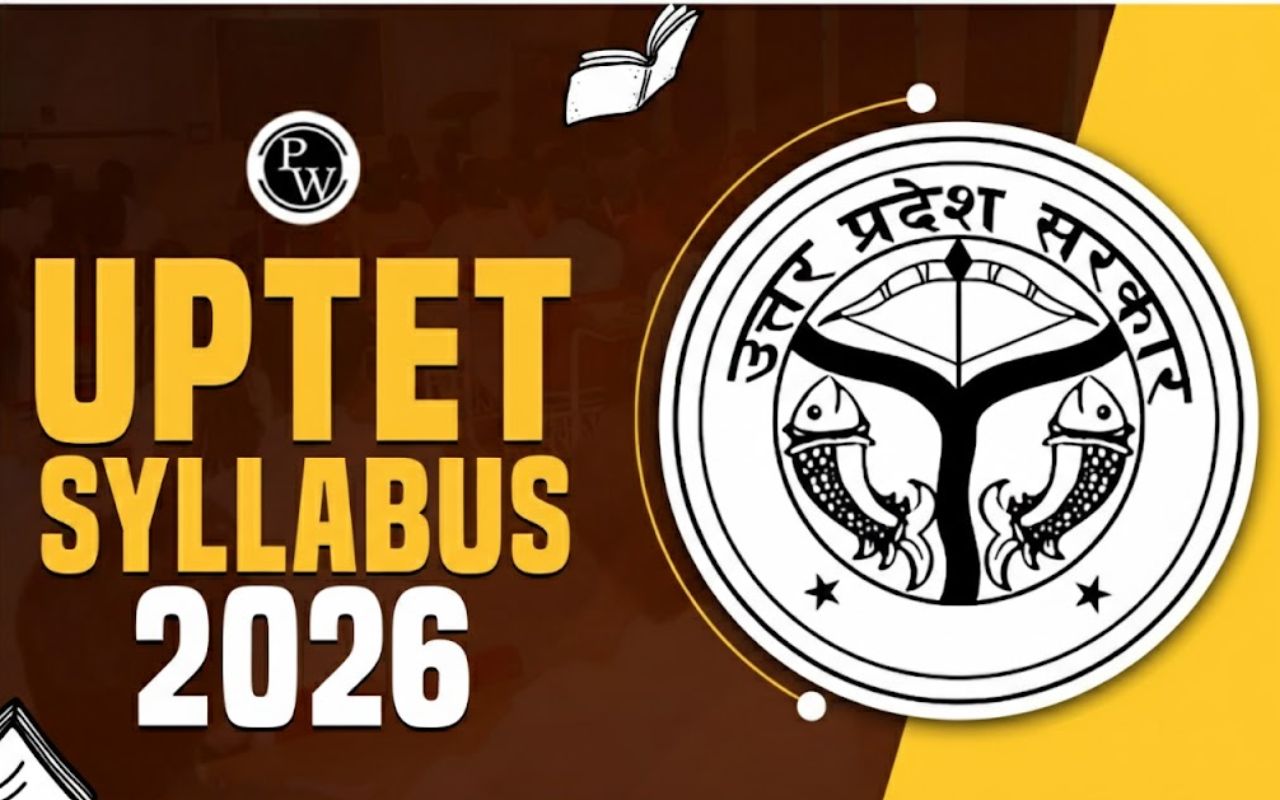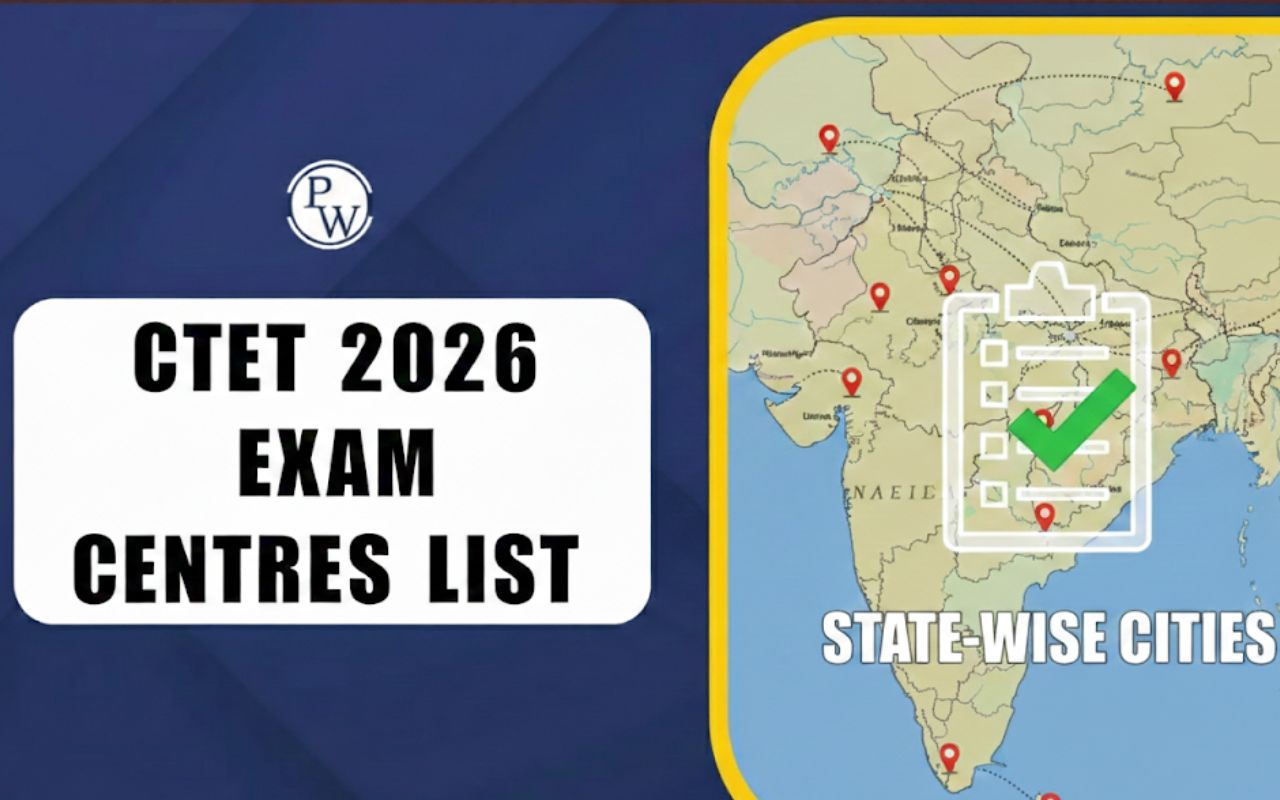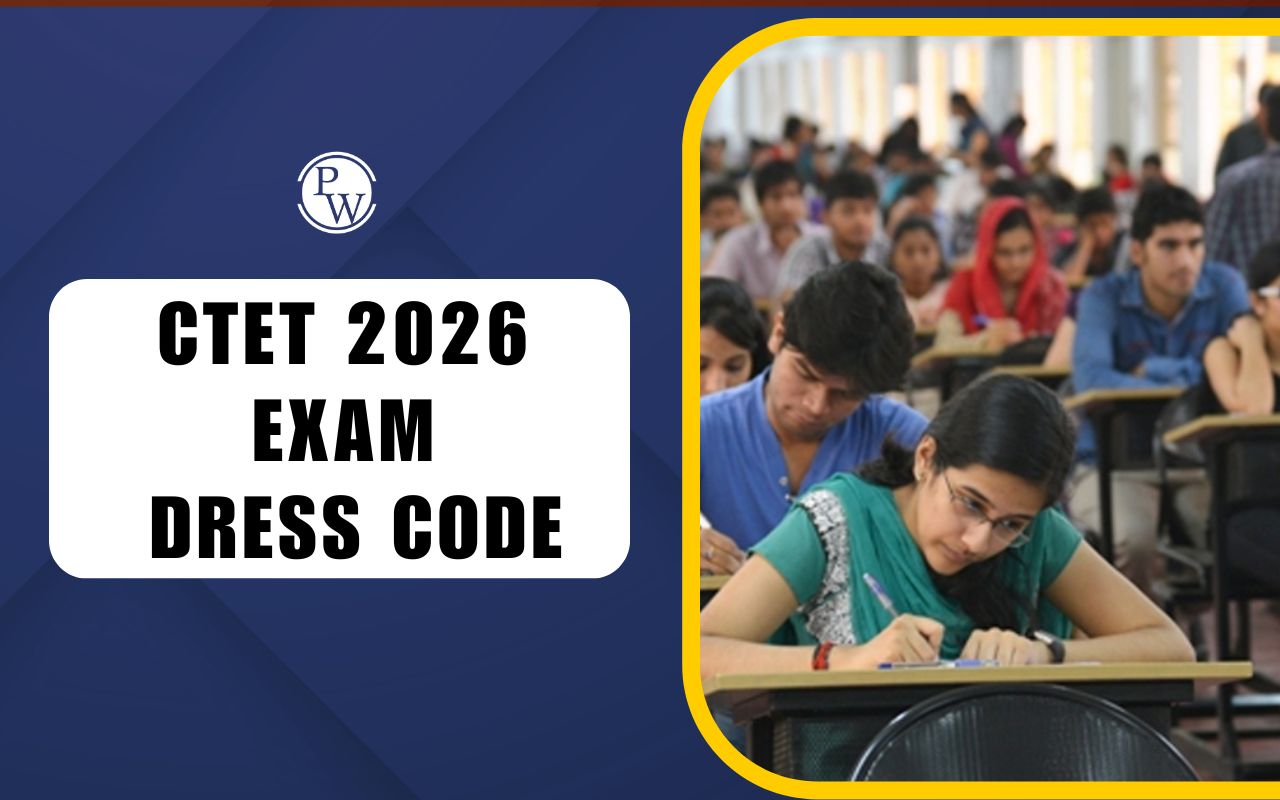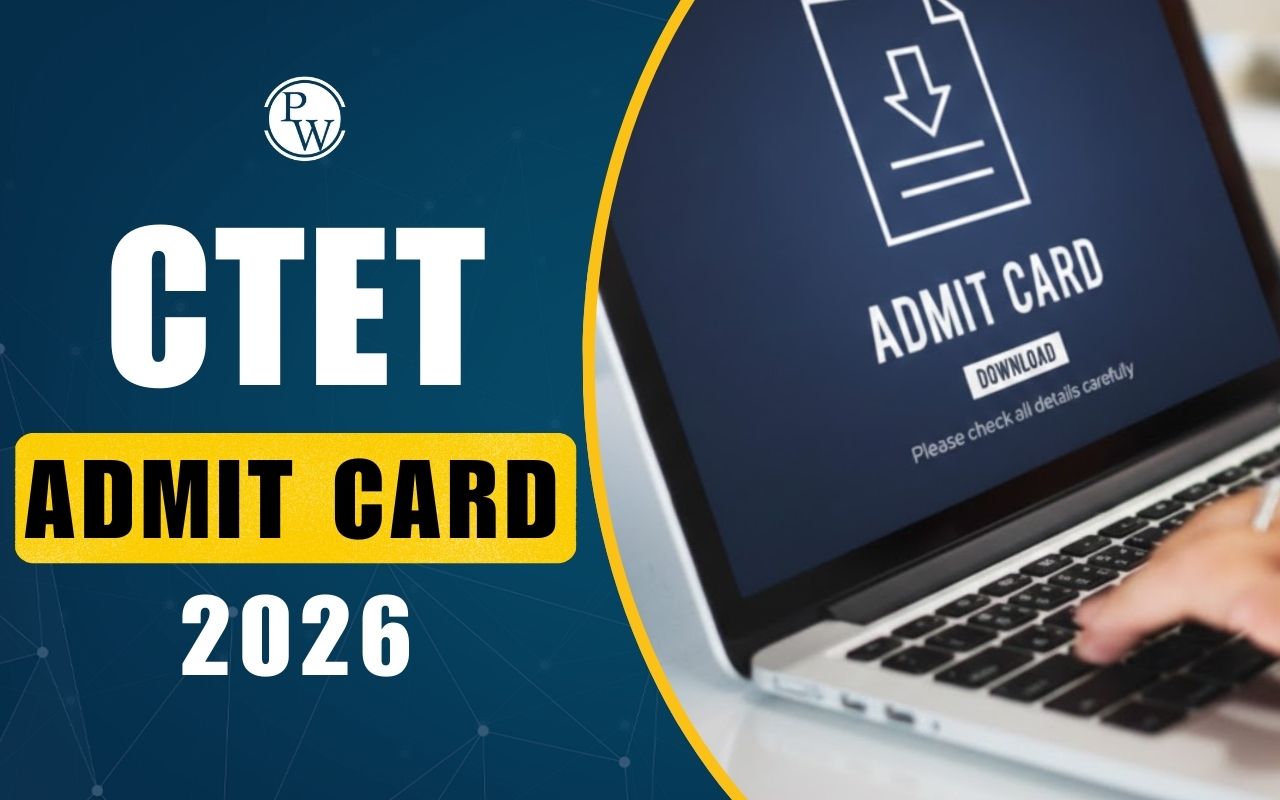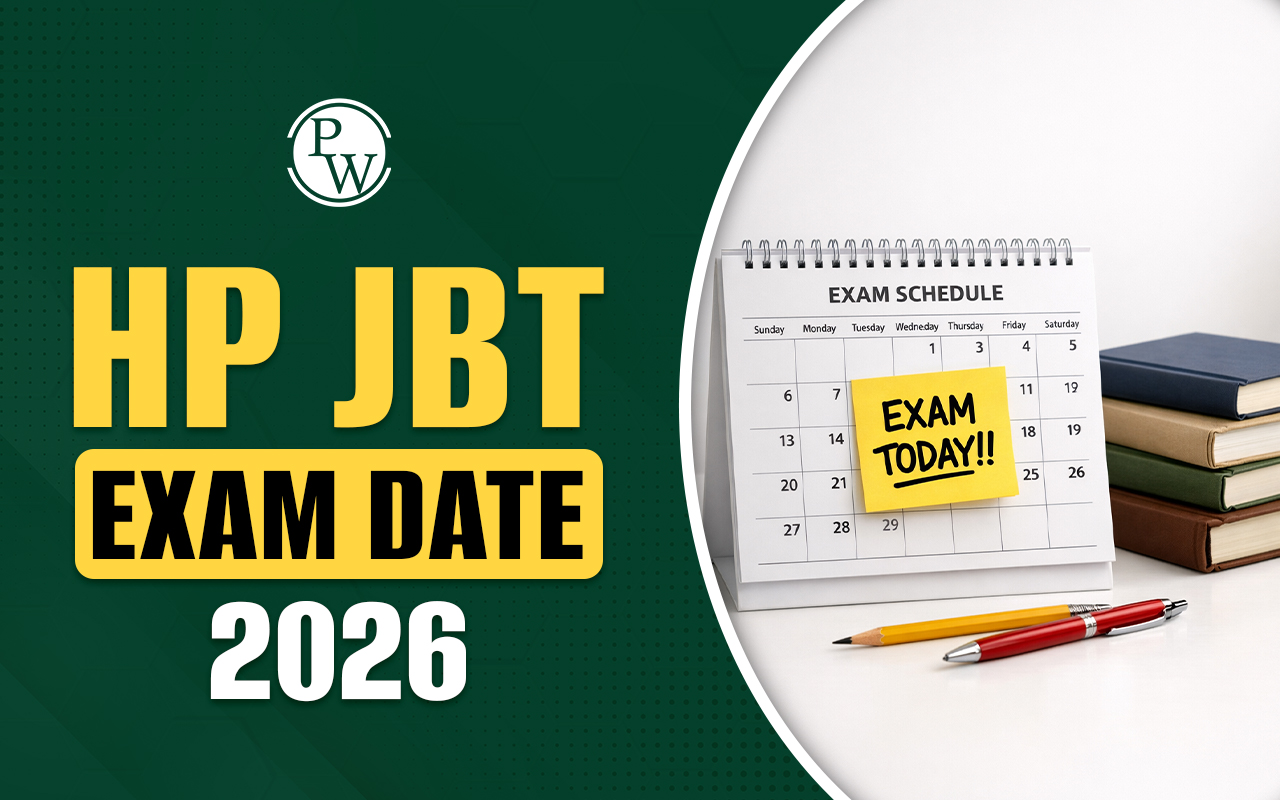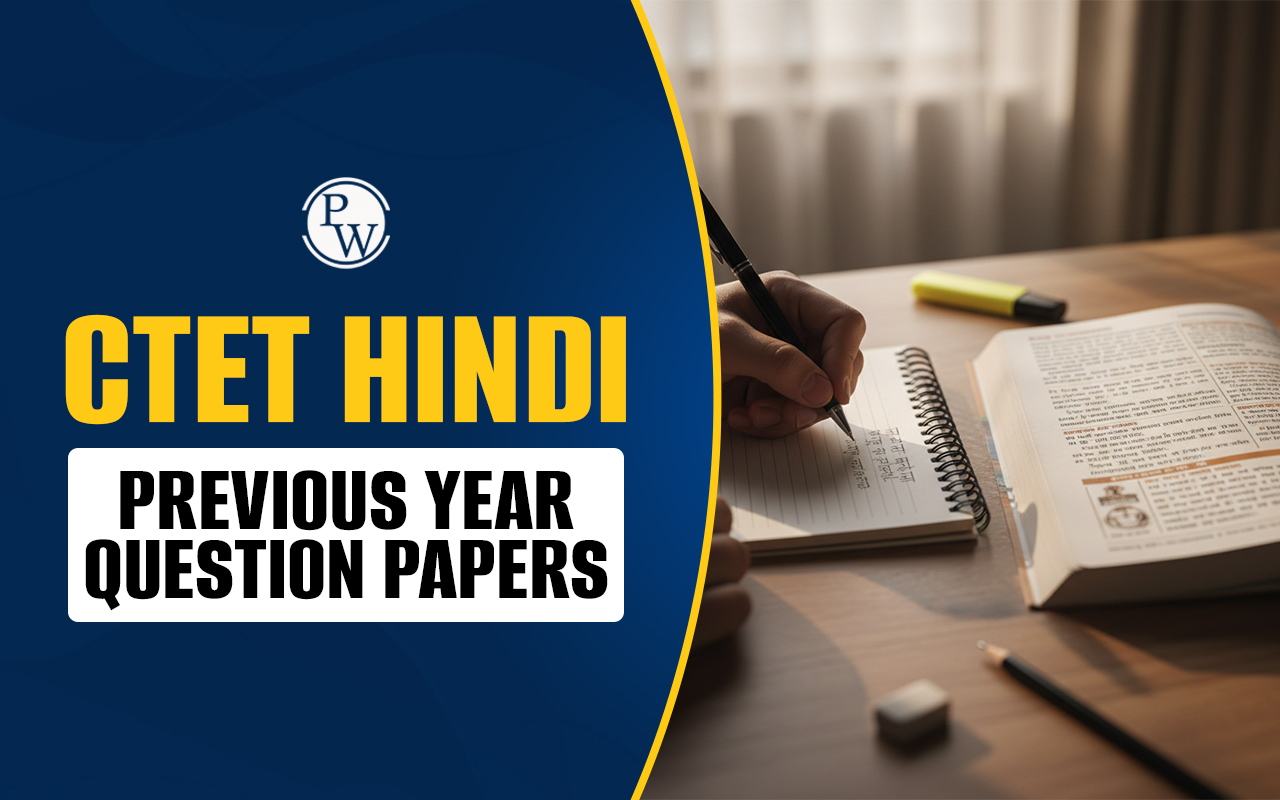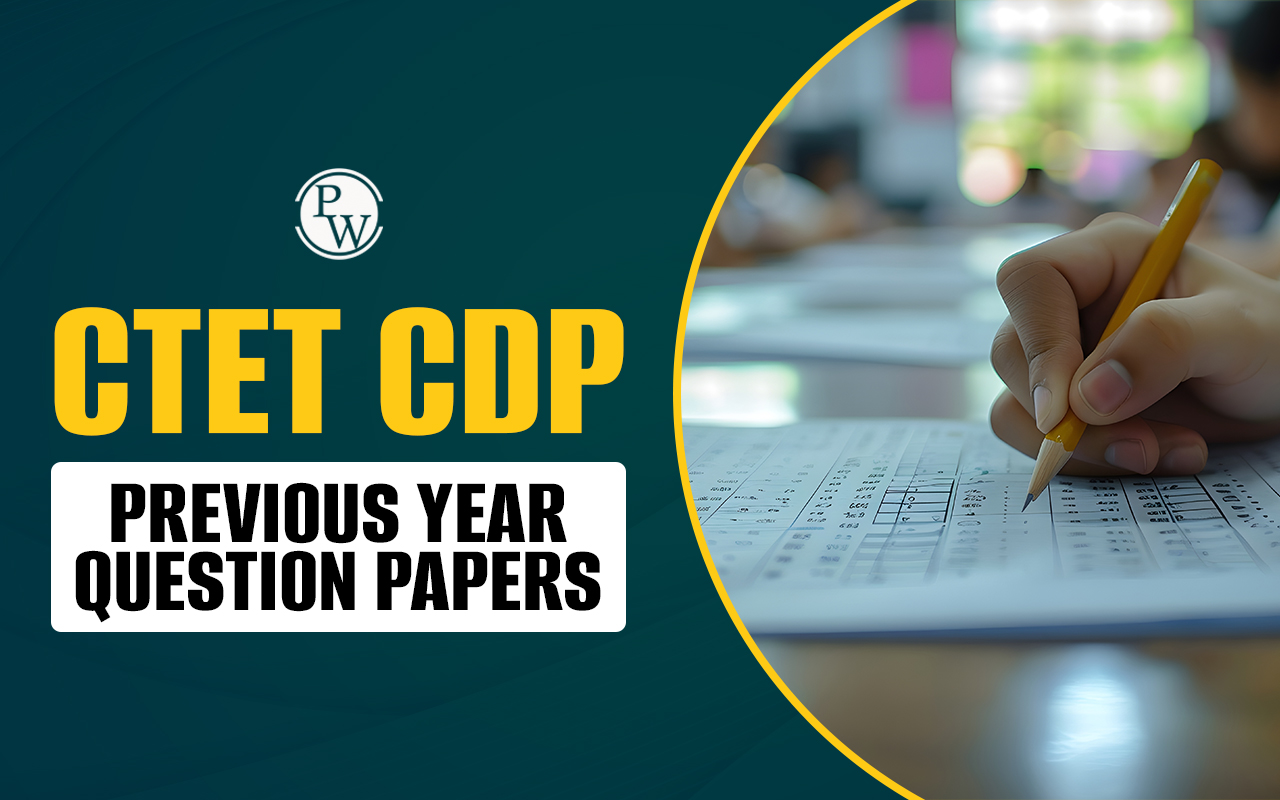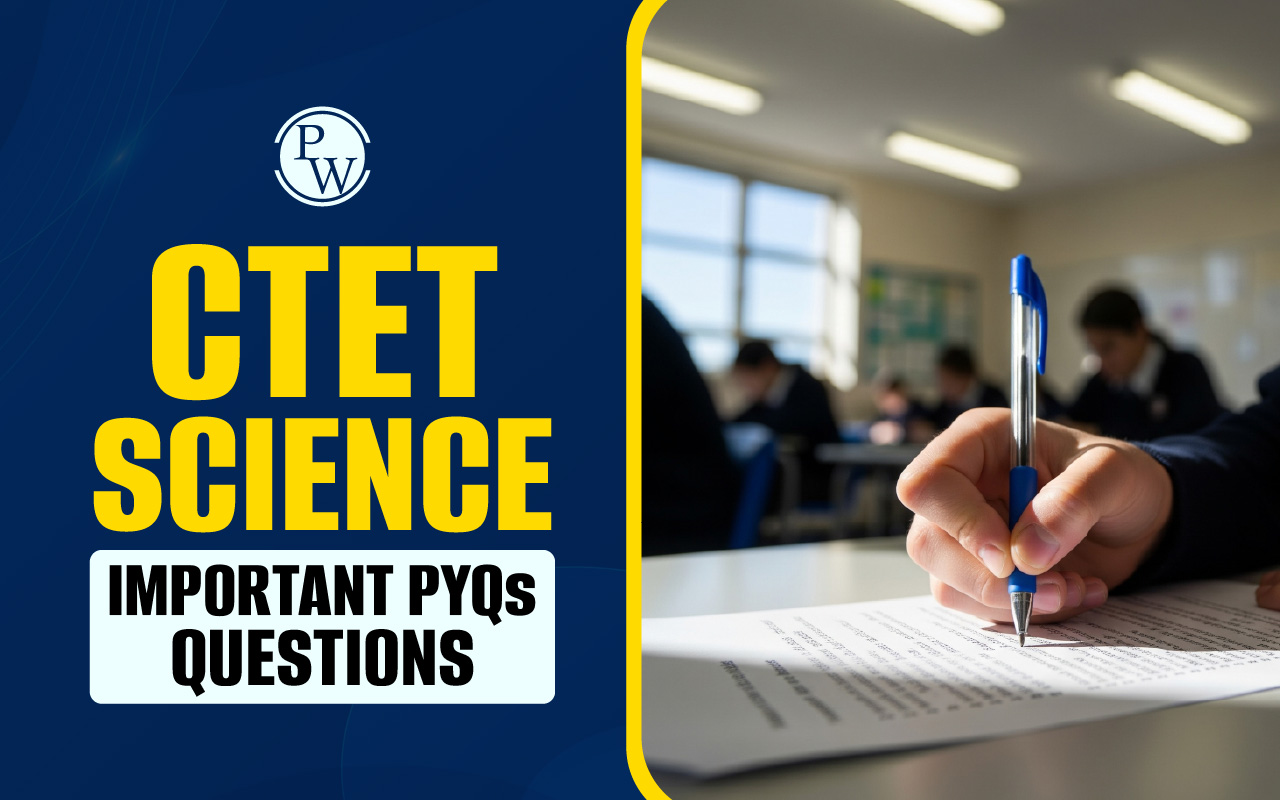
How To Become A Teacher In India: Becoming a teacher in India is a noble and fulfilling endeavor, playing a pivotal role in shaping the future of the nation's youth. It involves navigating a well-defined path of educational qualifications and certification requirements. The Teacher Eligibility Test (TET) is central to this journey, a crucial examination that serves as a gateway for aspiring educators. The TET certification validates a candidate's teaching aptitude and opens doors to numerous teaching opportunities nationwide in government and private schools.
This comprehensive guide will walk you through the step-by-step process of becoming a teacher in India through the TET. From fulfilling the necessary educational prerequisites to excelling in the TET exam and securing a teaching position, we will provide the information and insights needed to embark on this rewarding career path. Whether you aspire to teach at the primary or upper primary level, this guide will be your roadmap to realizing your dream of becoming a teacher in India.
Steps to Become a Teacher in India
- Complete your Undergraduate Education: To become a teacher in India, you must complete a Bachelor's degree in any subject. No specific undergraduate major is required for teaching, but some subjects, such as education, psychology, and child development, may be more beneficial than others.
- Complete a Teacher Training Program: Once you have completed your undergraduate education, you must complete a teacher training program. India's most common teacher training program is the Bachelor of Education (B.Ed.) degree. This two-year program will teach you the essential skills and knowledge you need to be a successful teacher, such as classroom management, lesson planning, and teaching methodology. If you already have a Bachelor's degree in another subject, you may be able to complete a one-year Diploma in Education (D.Ed.) course instead. However, it is essential to note that not all states in India accept D.Ed. degrees for teacher eligibility.
- Pass a Teacher Eligibility Test (TET): Once you have completed your teacher training program, you must pass a Teacher Eligibility Test (TET) to be eligible to teach in government schools. Some private schools may require you to pass a TET, but this is not always true. There are two types of TETs in India, the Central Teacher Eligibility Test (CTET) and the State Teacher Eligibility Test (STET). The CTET is a national-level exam conducted by the Central Board of Secondary Education (CBSE). The STET is a state-level exam conducted by the respective state governments.
- Apply for Teaching Jobs: Once you have passed a TET, you can apply for teaching jobs in government and private schools. To apply for a teaching job, you must typically submit your resume, cover letter, and copies of your transcripts and teaching credentials.
Entrance Exams for Teachers in India
Teaching is a noble profession that allows individuals to make a real difference in the lives of their students. In India, there are several teaching exams that individuals must pass to qualify for teaching positions in government and private schools.
Central Teacher Eligibility Test (CTET)
The Central Teacher Eligibility Test (CTET) is a national-level exam conducted by the Central Board of Secondary Education (CBSE) for the selection of teachers to teach in the schools of the central/state Government in India. The CTET Exam is divided into two papers:
- Paper 1: For teachers of classes I to V
- Paper 2: For teachers of classes VI to VIII
To be eligible for CTET Paper 1, candidates must have passed Senior Secondary with at least 50% marks and a 2-year diploma in Elementary Education. For CTET Paper 2, candidates must possess a bachelor's degree and a B.Ed.
State Teacher Eligibility Tests (TETs)
Like CTET, each state in India conducts its Teacher Eligibility Test (TET) to select teachers for state government schools. The eligibility criteria for TETs may vary from state to state, but most TETs require candidates to have a bachelor's degree and a B.Ed.
National Eligibility Test (NET)
The National Eligibility Test (NET) is conducted by the National Testing Agency (NTA) to select candidates for the post of Assistant Professor or Junior Research Fellowship in Indian Universities and Colleges. NET is a highly competitive exam, and candidates must have a strong academic background in their subject area to succeed.
To be eligible for the UGC NET Exam , candidates must:
- Hold a Master's degree with a minimum of 55% marks (50% for reserved candidates).
- Be in the final year of a Master's program or waiting for its result.
- Have a Ph.D. degree and have completed their Master's degree before a certain date to receive a 5% relaxation in aggregate marks.
- Be no more than 30 years of age as of June 1 of the year they are applying for the Junior Research Fellowship (JRF). SC, ST, OBC, PWD, Transgender, and Women candidates are given an age relaxation of up to 5 years.
The UGC NET exam is the basis for appointing candidates as Primary (PRT), Upper Primary level teachers (TGT & PGT), and lecturers. Some government-authorized bodies that conduct recruitment examinations for teaching personnel include:
- Kendriya Vidyalaya Sangathan (KVS)
- Navodaya Vidyalaya Samiti (NVS)
- Delhi Subordinate Services Selection Board (DSSSB)
PRT, TGT, and PGT Exams
PRT, TGT, and PGT are the different teaching posts in the government or private schools. There are three levels of teaching jobs: PRT, TGT, & PGT. PRT teachers can teach up to the 1st to 5th level, TGT teachers can teach up to the 10th level, & PGT can teach up to the 12th level. The eligibility for all three levels is different such as:
- PRT Eligibility Criteria: Aspirants who want to become a teacher for primary classes i.e. 1st to 5th standard, appear for PRT post. For PRT, after the 12th, the student will opt for JBT/BTC/B.EL.Ed/D.ED/B. Ed, etc., and after that, you must qualify for CTET/STET Paper I.
- TGT Eligibility Criteria: The candidate must be a graduate with a B.Ed degree from any recognized university. The minimum Age requirement for TGT is 21 years, while there is no cap for the maximum age required.
- PGT Post Graduate Teacher: ‘PGT ‘as the name says only Post Graduate (Master Degree) holder is eligible for PGT Posts. But you have to do a B.Ed. after this to be eligible for PGT posts.
Teaching Courses in India
The following courses are required to become a teacher in India:
B.A.-B.Ed. Integrated Course
The B.A.-B.Ed. Integrated Course is a four-year undergraduate program that combines a Bachelor of Arts degree with a Bachelor of Education degree. This program is ideal for students who want to pursue a career in teaching at the elementary, secondary, or senior secondary level.
Eligibility for B.A.-B.Ed. Integrated Course
- 10+2 passed with 50% minimum aggregate in any stream, with English subject.
- Education degree holders will be directly admitted in the second academic year of this program.
- There is a 5% relaxation for SC/BC applicants who apply for this program.
B.Sc. and B.Ed
The B.Sc. and B.Ed program is a four-year integrated undergraduate program that offers in-depth knowledge of different subjects, including Science, Physics, Chemistry, Mathematics, Botany, and Zoology. This program is for aspirants who wish to pursue a career in teaching or other related fields.
Eligibility for B.Sc. and B.Ed Course
- 12th pass with 50% minimum aggregate in any stream, with English subject.
- Education degree holders will be directly admitted in the second academic year of this program.
- There is a 5% relaxation for SC/BC applicants who apply for this program.
B.El.Ed
The B.El.Ed (Bachelor of Elementary Education) is a four-year undergraduate program that trains candidates to become primary school teachers. The course is designed to integrate subject knowledge, human development, pedagogical knowledge, and communication skills.
Eligibility for B.El.Ed Course
- The applicants should have secured an aggregate score of 50% in 10+12 from any recognized Board of Education.
- The aggregate score is 45% for SC/ST/OBC candidates at the 10+2 level.
- The age limit of the candidate is from 15-17 years, and it may vary from state to state.
- Candidates should have completed a 2-year diploma in Elementary Education.
B.Ed
The B.Ed (Bachelor of Education) is a two-year postgraduate program that trains candidates to become secondary or senior secondary-level teachers. The course covers various topics, including educational psychology, curriculum development, teaching methods, and assessment.
Eligibility for B.Ed Course
- The applicants must have completed graduation in any of BA or B.Sc from a recognized university.
- The candidate should have a minimum aggregate score of 50% in graduation.
- The candidate should have an aggregate score of 55% at the postgraduate level.
Importance of Continuous Learning for Teachers
In the dynamic field of education, teachers play a pivotal role in imparting knowledge and shaping young minds. However, teachers must continuously learn to remain practical and relevant in their roles. Continuous learning for teachers goes beyond acquiring degrees or certifications; it involves staying updated with the latest pedagogical techniques, educational technologies, and subject matter developments. Here are some reasons why continuous learning is crucial for teachers:
- Adapting to Changing Curricula: Educational curricula evolve, incorporating new concepts and teaching methods. Teachers must adapt to these changes to provide students with up-to-date and relevant education.
- Incorporating Technology: Technology is increasingly integrated into the classroom. Teachers must learn how to use educational software, online resources, and digital tools effectively to enhance the learning experience.
- Meeting Diverse Student Needs : Today's classrooms are more diverse than ever, with students of various learning styles, abilities, and backgrounds. Continuous learning helps teachers develop strategies to meet the unique needs of each student.
- Enhancing Teaching Techniques: Teachers can refine their teaching techniques through workshops, seminars, and peer collaboration. They can discover new ways to engage students and make learning more interactive.
- Staying Informed: Continuous learning informs teachers about educational policies, trends, and research. This knowledge helps them advocate for better resources and policies in their schools.
- Personal and Professional Growth : Learning is a fulfilling experience that promotes personal and professional growth. It keeps teachers passionate and motivated to inspire the next generation.
- Mentoring and Leadership : Experienced teachers who continuously learn can become mentors and leaders in their schools and communities. They can guide new educators and contribute to educational improvements.
Types of Teachers
Teaching is a revered profession that holds immense significance in shaping the destiny of a society. In India, educators are held in high esteem and regarded not only as purveyors of knowledge but also as role models and mentors. A teaching career presents many opportunities, encompassing diverse educational settings, from primary schools to high schools, colleges, and universities.
- Common School Teachers: Teaching is a noble vocation for molding a nation's future. In India, common school educators are found at primary, secondary, and higher secondary levels. Their duties encompass formulating lesson plans, delivering instructive lectures, evaluating student performance, and offering invaluable guidance and support. To embark on the path of a common school teacher in India, one must hold a Bachelor's degree in Education (B.Ed.) or possess a Diploma in Education (D.Ed.) after completing a Bachelor's degree in any field. Additionally, certain Indian states may mandate that teachers successfully pass a Teacher Eligibility Test (TET) as a prerequisite for teaching positions.
- Primary School Teachers: Primary school educators in India are instrumental in nurturing the foundational knowledge of young learners. To become a primary school teacher, one must acquire a Bachelor's degree in Education (B.Ed.) and clear the Teacher Eligibility Test (TET). Armed with these essential qualifications, individuals can seek teaching roles in government or private schools. Primary school teachers in India shoulder the responsibility of imparting a wide spectrum of subjects, including mathematics, science, social studies, language arts, and physical education. Their duties encompass the creation of comprehensive lesson plans, meticulous grading of assignments, and the continuous evaluation of student progress.
- High School Teachers: High school teachers play a pivotal role in shaping the academic trajectory of adolescents in India. To pursue a career as a high school educator, a bachelor's degree in education or a related field is typically required, in addition to securing a teaching certification from a recognized institution. These educators often specialize in specific subjects such as mathematics, science, social studies, or English. The responsibilities of high school teachers in India encompass meticulous lesson planning and delivery, rigorous assessment of assignments and examinations, and providing valuable career guidance and support to students, both within and outside the classroom. Active participation in extracurricular activities and school events is also commonly expected.
- Special Educators/Teachers: A career in special education teaching in India is characterized by its unique blend of rewards and challenges. Special educators work tirelessly with students with diverse disabilities, including but not limited to learning disabilities, intellectual disabilities, and physical impairments. Their core duty involves developing and implementing individualized education plans (IEPs) tailored to each student's needs, strengths, and weaknesses. Becoming a special education teacher in India typically necessitates a bachelor's or master's degree in special education or a closely related field. Moreover, specialized training programs are available to equip individuals with the requisite skills and knowledge to cater to the needs of students with disabilities effectively.
Salary of Teachers in India
The salary of teachers in India varies depending on the level of education they teach, the type of school they work in, and their experience. Government school teachers typically earn more than private school teachers. According to the National Council for Teacher Education (NCTE), the minimum salary for a government school teacher is ₹35,000 per month. The salary for a private school teacher varies depending on the school, but it is typically lower than the salary for a government school teacher.
Qualities of Good Teachers
Good teachers possess a variety of qualities, including:
- Strong subject knowledge: Effective teachers have a deep understanding of the subjects they teach. This allows them to explain concepts clearly and answer students' questions accurately.
- Effective teaching methods: Effective teachers use various teaching methods to engage students and help them learn. They can adapt their teaching methods to the needs of their students.
- Classroom management skills: Effective teachers can maintain a positive and productive learning environment in their classrooms. They can manage student behavior and create a sense of community in their classrooms.
- Communication skills: Effective teachers can communicate effectively with students, parents, and colleagues. They can explain concepts clearly and concisely, and they can listen to and understand the concerns of others.
- Passion for teaching: Effective teachers are passionate about teaching and learning. They are excited to share their knowledge with their students and help them grow and succeed.
Importance Of Teacher in India
Becoming a teacher in India is a revered and impactful journey that involves shaping the nation's future through education. Teachers are highly esteemed, and the profession is considered noble and essential. To embark on this rewarding path, individuals must navigate a structured process encompassing education, certifications, and a deep commitment to imparting knowledge. Here is an overview of the steps and qualifications required to become a teacher in India. Check out the steps to become a teacher in India.
Frequently Asked Questions
What are the Qualifications for Becoming a Teacher in India?
How Can I Become a Teacher After 12th?
Which Degree is Ideal for Teaching?
How should I begin my TET exam preparation?
What is the highest score achievable in the TET exam?


